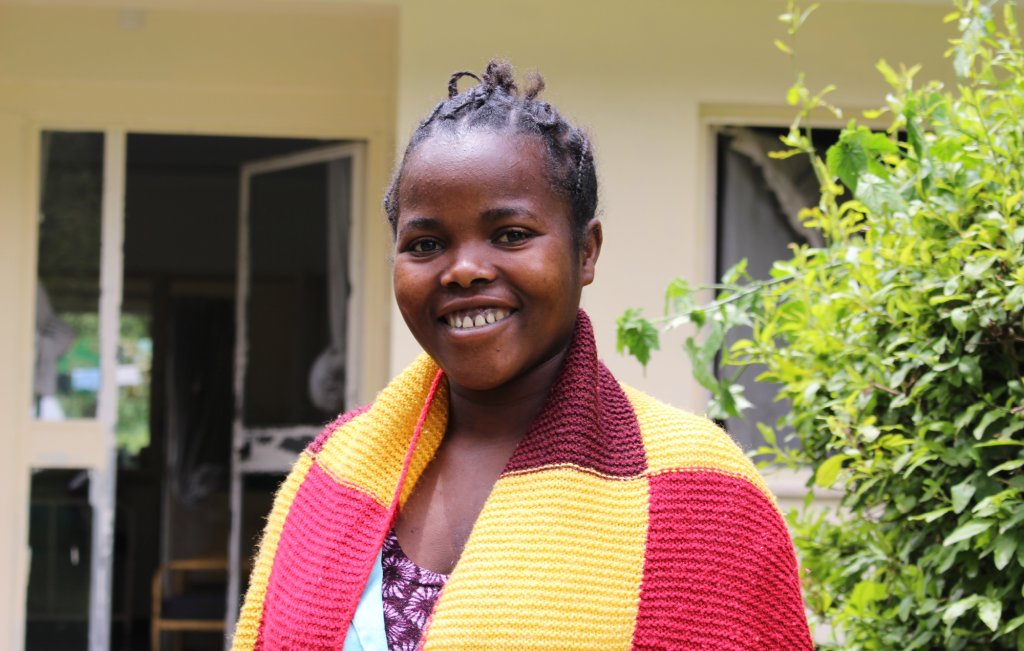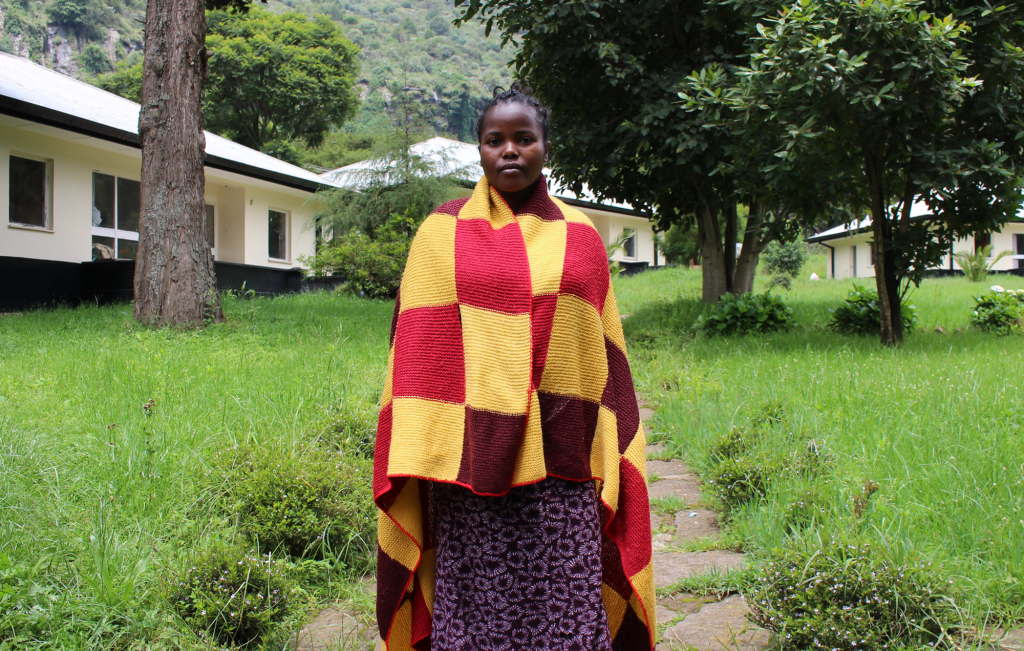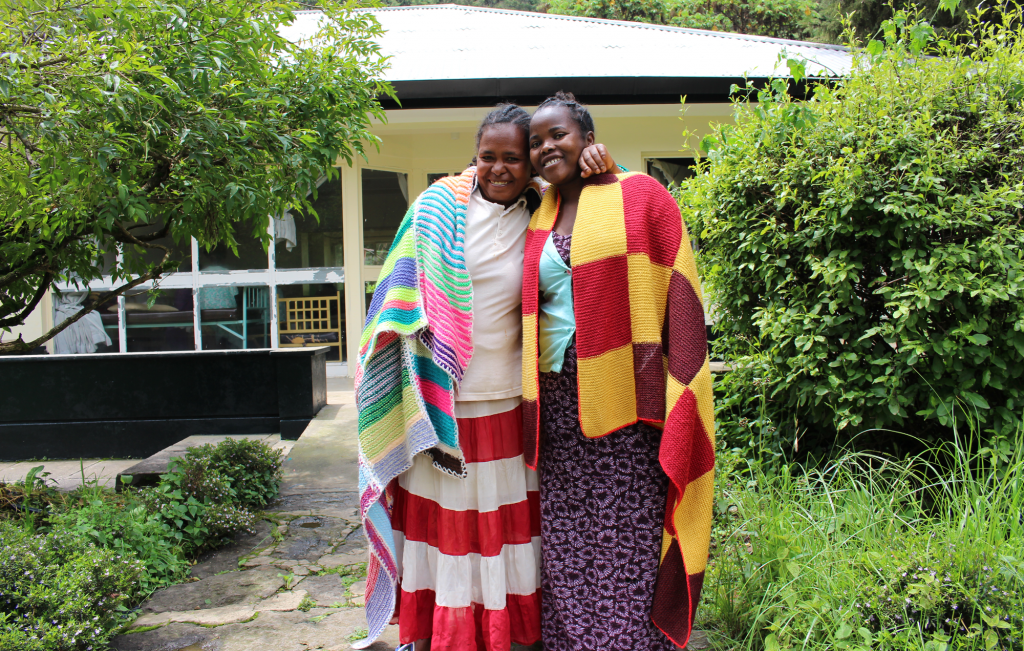Semenesh grew up in a small, rural village in Southern Ethiopia. Her village was so isolated that it would take seven hours to walk to the nearest school, clinic or bus stop. This isolation would drastically reduce the opportunities available to Semenesh. It would also contribute to Semenesh suffering a devastating injury called obstetric fistula.
Life before fistula
School was never an option for Semenesh. The youngest of three, she spent her childhood doing odd jobs to help contribute to her family’s income.
The employment opportunities in her village were limited and Semenesh and her family members would spend their days searching for work in surrounding farms.
After marrying a man in a nearby village, Semenesh soon became pregnant.
With the closest government clinic more a seven hour walk away, Semenesh did not have any health checks during her pregnancy.
Like most mothers in her village, Semenesh planned to deliver her child at home without the assistance of a trained midwife. Instead, her mother and a group of female elders tried to help.

The isolation of fistula
After three agonizing days in labor with no medical assistance, Semenesh was finally carried on a makeshift stretcher to a government hospital where she delivered a stillborn baby whilst unconscious. She suffered a double fistula and severe injuries to her legs, leaving her incontinent and immobile.
“I had never seen or heard of such a shameful health problem in my life. We all believed it was incurable and went back home to await my fate,” Semenesh recalls.
“One year later, my husband left me. I was alone in my house with no one around to help me move or manage myself. There were times where I wished death over living in such agony, but I never gave up hope; I prayed day and night.”
For three years, Semenesh remained isolated and uncared for, lying on a goat skin rug, leaking urine and feces. A few villagers would bring her food, but no one was there to care for her.
“One day I woke up and I started a desperate journey seeking for help from someone, somewhere,” says Semenesh.
“I preferred death to staying home in such a shameful way, so I walked for a full day to reach the closest government clinic.”
Semenesh walked over seven hours to access essential care. From there, Semenesh was transferred to Hamlin’s Yirgalem Fistula Hospital. Though she underwent two consecutive surgeries to repair her fistula, she could not be fully cured of her extensive injuries.
So, after completing physiotherapy and self-management training at Yirgalem, Semenesh was transferred to Hamlin’s main hospital in the capital, Addis Ababa.

A full recovery at Hamlin
Once she reached Hamlin’s Addis Ababa Fistula Hospital, Semenesh was able to receive the life-saving treatment she so desperately needed. A diversion surgery was performed which cured her of the double fistula she had suffered with for so long.
In addition to the surgery, Hamlin’s social worker identified Semenesh for rehabilitative training. Semenesh stayed at Hamlin’s Rehabilitation and Reintegration Center, Desta Mender, for three months, where she learned life and business skills while in rehabilitation. She has since graduated from the program and returned home with her health, newfound confidence and hope for her future.
“For me, this is like being born again. If I had not arrived here, I could have been dead by now. I have so much respect and gratitude for Emaye and for all of the staff,” rejoices Semenesh.
Semenesh’s treatment incorporated the Hamlin Model of Care’s holistic approach to healthcare. Dr Catherine Hamlin, or Emaye (Mother) as patients still affectionately call her, created the Hamlin Model of Care with the aim of treating the whole patient, not just the fistula injury.

Eradicating fistula in Ethiopia
Obstetric fistula is a complex injury that requires very special care. Patients require help dealing with the psychological consequences of their childbirth injuries. The Hamlin Model of Care combines clinical excellence with the restoration of patients’ dignity and is at the centre of every patient’s treatment.
No woman should have to suffer the indignity of a fistula injury. We are determined to help women like Semenesh until we have eradicated fistula. Forever.